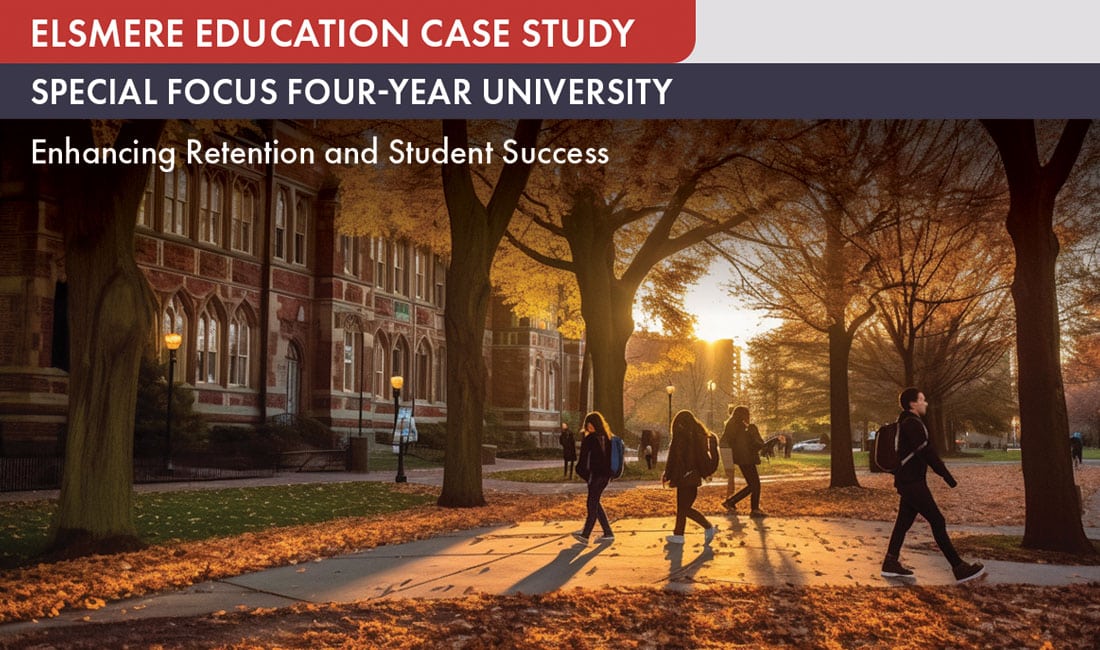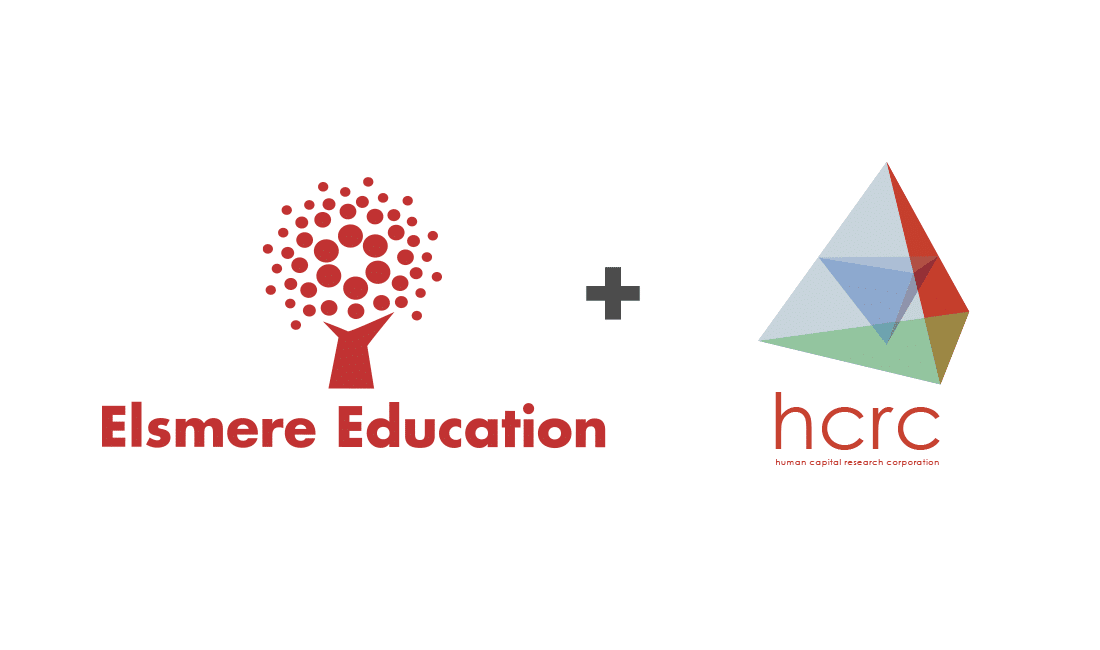The state of mental health in America is at a critical juncture, marked by a widening gap between an increased need for mental health support and an ongoing shortage of professionals who are qualified to provide care. Universities play a pivotal role in addressing this shortage by creating and offering degrees that train the future workforce, providing comprehensive training that equips students with the skills and knowledge necessary to attain professional licensure, and providing support.
In this article, we unpack the state of mental health in modern-day America and analyze the various academic pathways that lead to different licenses and job titles. The mental healthcare field is extensive and nuanced, with multiple occupations projected to experience significant growth in the coming years, as depicted in the following chart.
| Occupation | 2022-2032 Projected % Job Growth | Projected Yearly Openings1 |
| Substance Abuse, Behavioral Disorder, and Mental Health Counselors | 18% | 42,000 |
| Marriage and Family Therapists | 15% | 5,900 |
| Clinical and Counseling Psychologists | 11% | 12,800 |
| Mental Health and Substance Abuse Social Workers | 11% | 63,800 |
Source: Bureau of Labor Statistics, 2024
The projected growth rates for these occupational groups are significantly higher than average. In the following sections, we dive deeper into the current shortage of mental health professionals and universities’ role in training the future workforce.
The State of Mental Health in America
There is an ongoing mental health crisis in America. Many organizations have published excellent research detailing this, including Mental Health America – a leading nonprofit “dedicated to the promotion of mental health, well-being, and illness prevention” – which publishes an annual survey on the state of the nation’s mental health. In their 2023 version of the survey, they found that 21% of adults are experiencing a mental illness, a metric that represents over 50 million Americans.2 Over 5.5 million adults with a mental illness are uninsured, and 60% of youth with major depression do not receive mental health treatment.
The vast need for mental healthcare is broadly unmet. As of June 2022, over 152 million people lived in a mental health workforce shortage area; within these areas, only 28% of the mental health needs were met by mental health providers.3 In the US, there are, on average, 350 individuals for every mental health provider, with this ratio going as high as 800:1 on a state-by-state basis. A 2020 national survey found that over half of those in need of mental health support report receiving no care.4
Becoming a Counselor/Therapist
The research previously cited paints a dire picture of the state of mental health in America, and the ability of those in need to access suitable care. But who provides this care?
As mentioned, there are many occupations within the mental health field, all of which have distinct pathways and licensure requirements. For the sake of brevity, in this report, we focus on three of the major pathways:
- Master’s in Clinical Mental Health → Licensed Professional Counselor (LPC)5
- Master of Social Work → Licensed Clinical Social Worker (LCSW)
- Master of Arts in Marriage and Family Therapy → Licensed Marriage and Family Therapist (LMFT)
Other pathways to becoming a mental healthcare worker include earning a Ph.D. in Psychology or a Doctorate in Psychology and becoming a psychologist, earning a medical doctorate and becoming a psychiatrist, or earning a master’s or doctorate in Psychiatric-Mental Health Nursing to become a psychiatric nurse practitioner. These roles are all major components of the broader mental health field, though this report focuses on the three master’s-level pathways mentioned above.
Distinctions in MSW, CMHC, and MFT
The primary differences between these three areas are the degrees that lead to licensure and professional focus. The following chart demonstrates some distinct qualities between the three areas. It is important to note that there is significant variation within these particular degree and professional fields; for example, two Master of Social Work degrees could have different curricular focuses.
| Master of Social Work (MSW) | Master of Clinical Mental Health Counseling (CMHC) | Marriage and Family Therapy (MFT) | |
| Degree Focus | Broad focus on social issues and social justice, at the individual, family, and community level. | Focus on individual mental health, utilizing various therapeutic modalities. | Main focus on working with couples and families with a systemic approach, through a relationship-oriented lens. |
| Outcomes | Broadest and most diverse outcomes, including clinical practice, community engagement, and policy/advocacy work. | Clinical counseling outcomes, typically focused on individual mental health. | Individual or group counseling outcomes within a family and relationship context. |
| Graduate Market Size (2022) | 33,000+ master’s-level graduates 308 master’s programs reporting graduates | 10,000+ master’s graduates 320 master’s programs reporting graduates | 3,000+ master’s graduates 132 master’s programs reporting graduates |
| Number of Job Postings (2023)6 | 172,000+ postings under “Social Workers” $58,500 median advertised salary | 123,000+ postings under “Substance Abuse, Behavioral Disorder, and Mental Health Counselors” $57,200 median advertised salary | 34,000+ postings under “Marriage and Family Therapists” $56,200 median advertised salary |
As demonstrated, though program outcomes can overlap, there are significantly disparate methodologies and approaches between these three fields. Certain aspects of each may appeal to prospective students in different ways. The graduate social work degree field is by far the largest of the three. These degree areas have grown since 2012; completion of MSW programs has increased by 49%, or almost 11,000 graduates over the past decade. Over the same timeframe, CMHC programs have added almost 4,500 grads, and MFT programs have added just over 400. 7
A Unique Opportunity to Address the Gap
Despite growth in these academic markets, the supply of graduates in these fields lags far behind the demand. In the first section of this report, we utilized the Bureau of Labor Statistics projections to demonstrate rapid growth in these job areas, as well as a high need for new entries into the labor force to replace those who retire or change careers. The following chart shows the gap between new graduates in these fields and the labor market demand.
| Occupation | Projected Annual Openings | # of Master’s Graduates, 2022 |
| Social Workers | 63,800 | 33,374 |
| Substance Abuse, Behavioral Disorder, and Mental Health Counselors | 42,000 | 7,573 |
| Marriage and Family Therapists | 5,900 | 3,265 |
As shown, there is a large discrepancy between the demand for mental health professionals and the number of graduates from training programs. While there are many factors that contribute to the mental health worker shortage, there is an urgent need for universities to launch and offer more of these degrees.
As the demand for mental health professionals continues to outpace the supply of qualified graduates, universities have a unique opportunity to lead the charge in addressing this gap. Engaging in this space not only addresses a glaring societal need but also attracts a diverse student body passionate about making a difference in the mental health landscape. Moreover, by tailoring programs to meet current market demands—through flexibility, relevance, and affordability—universities can enhance their attractiveness and competitiveness.
Elsmere Education stands ready to support your institution in this endeavor, providing the tools, expertise, and support necessary to launch and sustain impactful educational programs. Our expertise spans the entirety of the program development lifecycle, from market research and curriculum design to enrollment strategies and comprehensive student support services. By partnering with Elsmere, universities can not only expedite the launch of critically needed degrees but also ensure their long-term success and sustainability. Contact us today to schedule your free consultation with our University Partnerships team.
Sources
1U.S. Bureau of Labor Statistics. “Occupational Outlook Handbook.” 2024. Retrieved from: www.bls.gov/ooh
2Mental Health America. “The State of Mental Health in America.” 2023. Retrieved from: https://mhanational.org/issues/state-mental-health-america.
3Health Resources & Services Administration. “Health Workforce Shortage Areas.” 2024. Retrieved from: https://data.hrsa.gov/topics/health-workforce/shortage-areas.
4SAMHSA, Center for Behavioral Health Statistics and Quality. “National Survey on Drug Use and Health.” 2019 and 2020. Retrieved from https://www.samhsa.gov/data
5Caldwell, Ben. “Decoding Counselor Alphabet Soup: LPC, LPCC, LMHC, and More.” Psychotherapy Notes, August 24, 2022. Retrieved from: https://www.psychotherapynotes.com/decoding-counselor-alphabet-soup-lpc-lpcc-lmhc.
6Lightcast. “Job Postings Analysis.” 2024. Retrieved from www.lightcast.io.
7Lightcast. “Program Overview” 2024. Retrieved from www.lightcast.io.
Note: There are various titles that are equivalent to Licensed Professional Counselor, including Licensed Mental Health Counselor, Licensed Clinical Professional Counselor, Licensed Clinical Mental Health Counselor, and more. More information on this is available here. For the purposes of this report, we will refer to this licensure path as “Licensed Professional Counselor,” or LPC.
2Mental Health America. “The State of Mental Health in America.” 2023. Retrieved from: https://mhanational.org/issues/state-mental-health-america.
3Health Resources & Services Administration. “Health Workforce Shortage Areas.” 2024. Retrieved from: https://data.hrsa.gov/topics/health-workforce/shortage-areas.
4SAMHSA, Center for Behavioral Health Statistics and Quality. “National Survey on Drug Use and Health.” 2019 and 2020. Retrieved from https://www.samhsa.gov/data
5Caldwell, Ben. “Decoding Counselor Alphabet Soup: LPC, LPCC, LMHC, and More.” Psychotherapy Notes, August 24, 2022. Retrieved from: https://www.psychotherapynotes.com/decoding-counselor-alphabet-soup-lpc-lpcc-lmhc.
6Lightcast. “Job Postings Analysis.” 2024. Retrieved from www.lightcast.io.
7Lightcast. “Program Overview” 2024. Retrieved from www.lightcast.io.
Note: There are various titles that are equivalent to Licensed Professional Counselor, including Licensed Mental Health Counselor, Licensed Clinical Professional Counselor, Licensed Clinical Mental Health Counselor, and more. More information on this is available here. For the purposes of this report, we will refer to this licensure path as “Licensed Professional Counselor,” or LPC.







